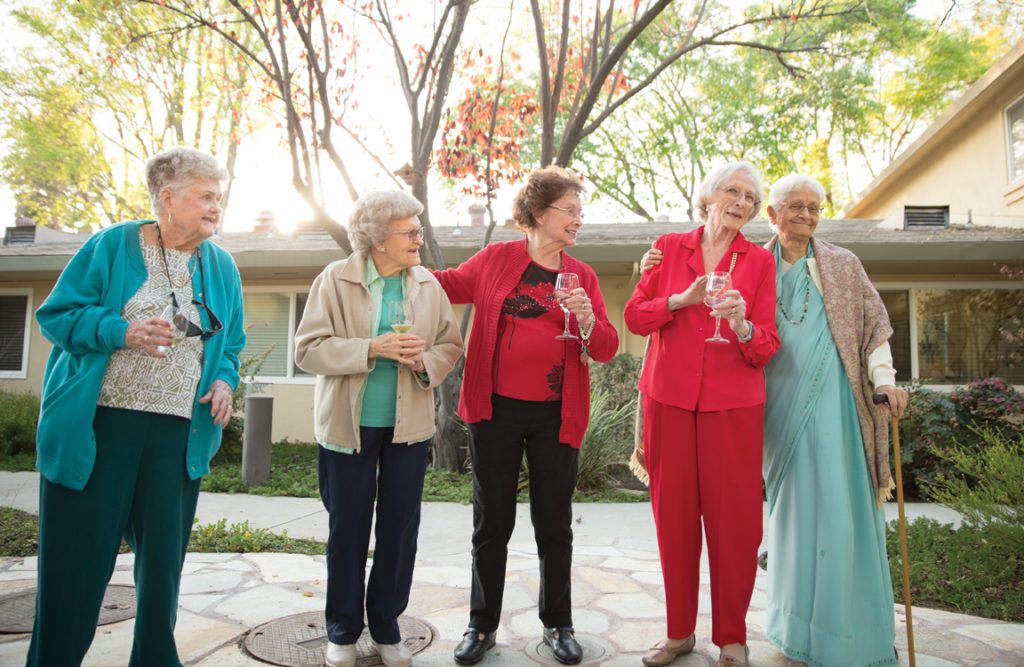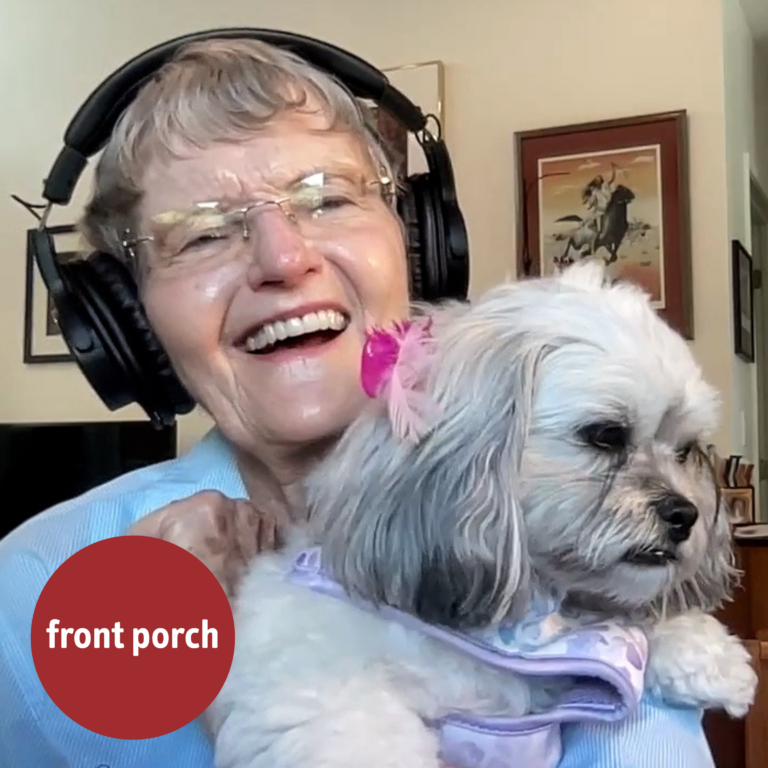November 20, 2024
Effective Communication Strategies for Dementia and Memory Loss in Cupertino, CA

Understanding Dementia and Memory Loss
Dementia and memory loss can significantly impact an individual’s ability to communicate effectively. As cognitive abilities change, individuals may find it more difficult to express thoughts, understand conversations and maintain connections with loved ones. However, with the right approach and techniques, you can enhance communication and foster meaningful interactions with those experiencing these conditions.
Dementia encompasses a range of cognitive impairments that affect memory, thinking, behavior and the ability to perform daily activities. Even if memory loss is a common symptom of dementia, it can also occur independently due to various factors such as aging, injury, or other medical conditions. Regardless of the cause, effective communication is crucial in maintaining the dignity and quality of life for those affected.
The Importance of Effective Communication
Effective communication is vital for individuals with dementia and memory loss. It helps them maintain social connections, express their needs and emotions and retain a sense of identity and self-worth. When communication breaks down, it can cause frustration and isolation for the person and their loved ones.
By employing effective communication techniques, you can help alleviate the challenges associated with dementia and memory loss. Clear and patient communication can reduce confusion, minimize misunderstandings and foster a sense of security and comfort for the individual. Additionally, effective communication can help caregivers at Sunny View’s memory care center in Cupertino better understand the needs of their loved ones, enabling them to provide more compassionate care.
Challenges in Communicating With Individuals With Dementia
- Language and comprehension difficulties: As cognitive abilities decline, individuals may struggle to find the right words, understand complex sentences, or follow conversations.
- Attention and focus issues: Maintaining focus and attention during conversations can become increasingly complex, leading to confusion and misunderstandings.
- Memory problems: Individuals may have trouble recalling recent events, names, or details, making it challenging to maintain continuity in conversations.
- Emotional and behavioral changes: Dementia can cause changes in mood, personality and behavior, impacting communication and interactions.
- Sensory impairments: Hearing or vision problems can further complicate communication, making it harder to understand verbal or non-verbal cues.
Tips for Effective Communication With Individuals With Dementia
- Speak slowly and clearly: Use simple language, short sentences and a calm, unhurried tone. Avoid complex words or phrases that may be confusing.
- Use non-verbal cues: Incorporate gestures, facial expressions and body language to reinforce your message and portray emotions.
- Minimize distractions: Reduce background noise, turn off televisions or radios and find a quiet, familiar environment to facilitate better focus and understanding.
- Ask simple questions: Pose questions that require a yes/no or simple response rather than open-ended questions that may be overwhelming.
- Validate feelings: Acknowledge and validate the individual’s emotions, even if their recollection of events or details may be inaccurate.
- Avoid arguing or correcting: Gently redirect the conversation if the individual becomes confused or agitated rather than contradicting or correcting them.
- Encourage participation: Involve the individual in conversations and activities, allowing them to contribute at their own pace and level of ability.
- Use visual aids: Incorporate photographs, objects, or written cues to help prompt memories and facilitate understanding.
- Be patient and supportive: Remain calm, patient and supportive throughout the interaction, offering reassurance and encouragement.
- Adapt as needed: Be flexible and adjust your communication style based on the individual’s changing needs and abilities.
By using these techniques, you can create an environment that fosters meaningful connections and enhances the quality of life for people with dementia and memory loss.

Creating a Supportive Communication Environment at a Memory Care Community in Cupertino
In addition to employing effective communication techniques, creating a supportive environment can significantly enhance your interactions with individuals with dementia and memory loss. Consider the following strategies:
- Familiarity and routine: Maintain familiar routines, surroundings and activities to provide a sense of comfort and predictability.
- Sensory stimulation: To promote relaxation and engagement, incorporate gentle sensory stimulation, such as soothing music, pleasant aromas, or tactile objects.
- Personalized approach: Learn about the individual’s interests, preferences and life experiences to tailor your communication and activities accordingly.
- Patience and empathy: Approach interactions with patience, empathy and a non-judgmental attitude, recognizing the challenges the individual may be facing.
- Positive reinforcement: Celebrate small successes and accomplishments, providing encouragement and positive reinforcement to boost self-esteem and confidence.
Communicating with Love and Understanding
Effective communication is essential for individuals with dementia and memory loss, as it fosters meaningful connections, promotes dignity and enhances overall well-being. By understanding the challenges associated with these conditions and implementing appropriate communication techniques, you can create an environment that supports those affected.
Remember, each individual’s journey with dementia or memory loss is unique and adapting your communication style to their specific needs is crucial. Embrace patience, empathy and a willingness to learn and you will be better equipped to navigate the complexities of these conditions.
If you or a loved one is experiencing dementia or memory loss, consider exploring our memory care in Cupertino, CA. Our specialized community, Sunny View, prioritizes effective communication techniques and provides a supportive environment tailored to residents’ unique needs. Contact us today at 408-454-5600 to learn more about our memory care services and how we can support you on this journey.
Read Our Front Porch Blogs

Front Porch Podcast – Episode 7: Commander Beth Coye: A Warrior for Equality

Front Porch Podcast – Episode 6: “It’s Not Just Housekeeping”: What Gives Work Meaning?

